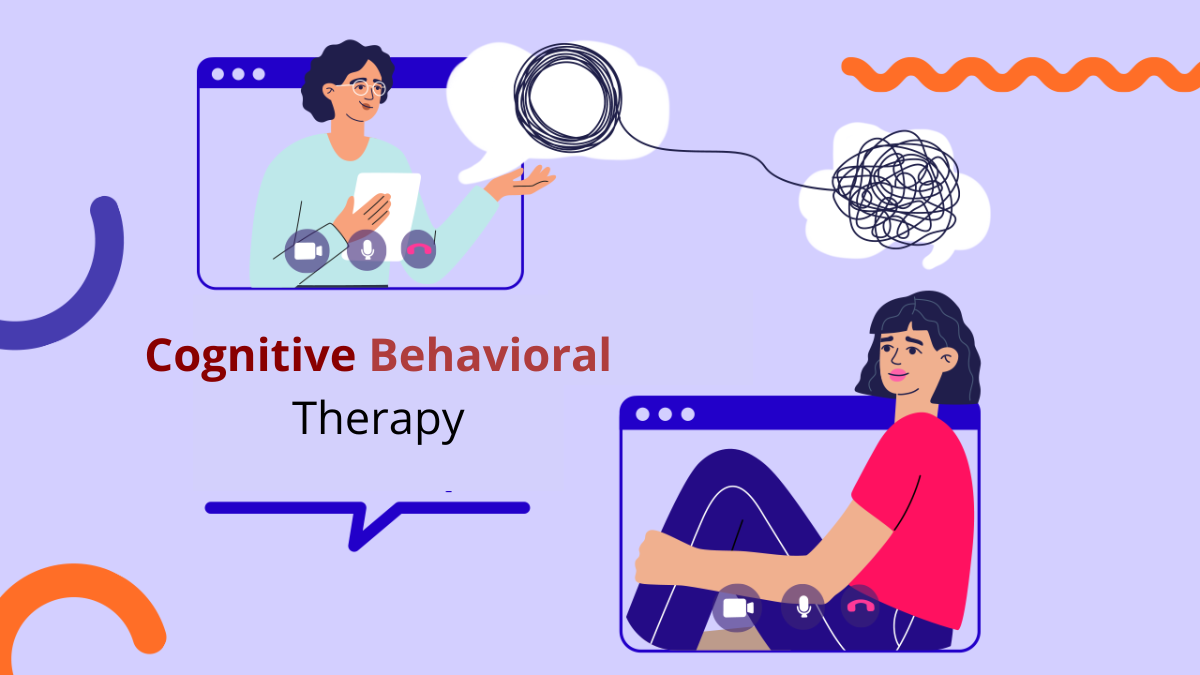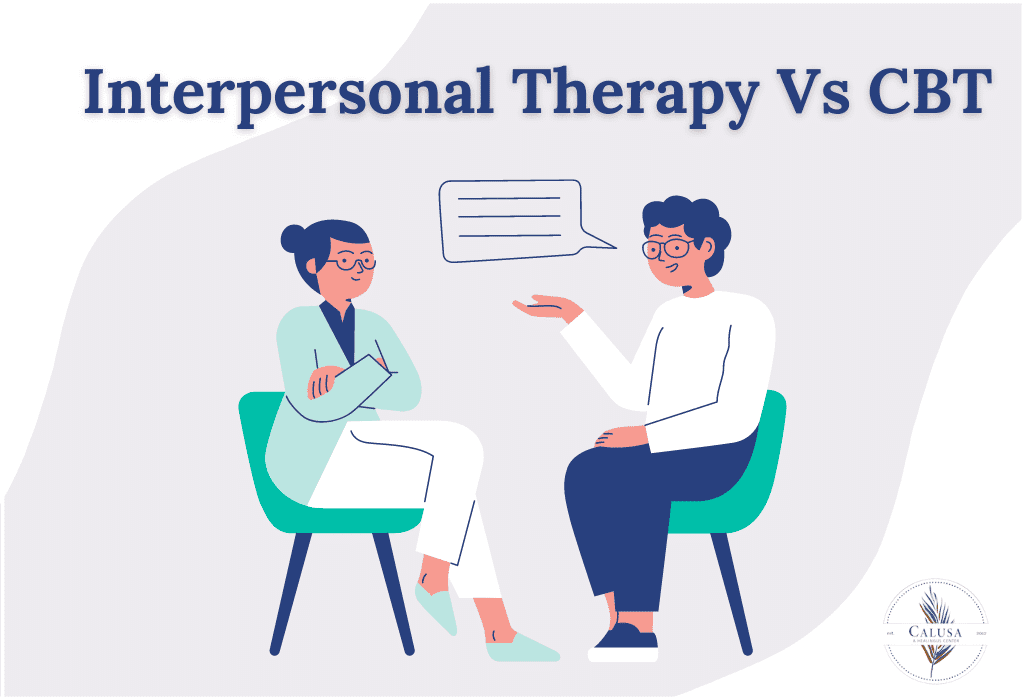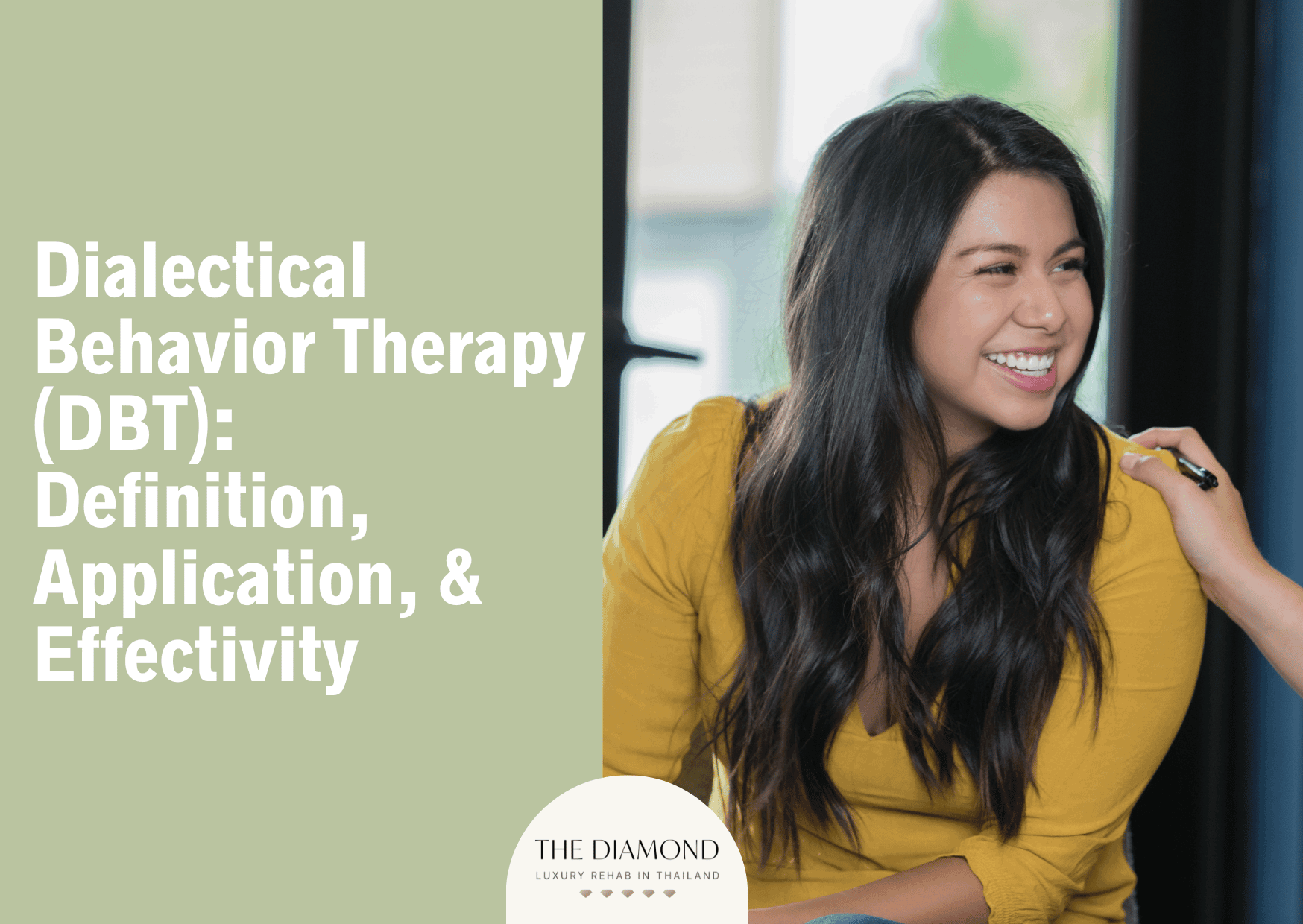Cognitive Behavioral Therapy (CBT) is a form of psychotherapy that helps individuals identify and change negative thought patterns and behaviors. It is a structured, goal-oriented approach that focuses on the present and practical strategies for overcoming challenges.
How CBT Works:
CBT is based on the idea that our thoughts, feelings, and behaviors are interconnected. Negative thoughts can lead to negative emotions and behaviors, which can, in turn, reinforce negative thoughts. CBT aims to break this cycle by:
- Identifying Negative Thoughts: The therapist helps the individual identify negative or distorted thoughts that contribute to their problems.
- Challenging Negative Thoughts: The therapist teaches the individual to challenge these negative thoughts and replace them with more realistic and positive ones.
- Developing Coping Strategies: The therapist helps the individual develop healthy coping mechanisms to manage stress and anxiety.
- Practicing New Behaviors: The individual practices new behaviors and thought patterns in real-life situations.
Common Applications of CBT:
- Anxiety Disorders: CBT can help individuals manage anxiety symptoms, such as panic attacks and phobias.
- Depression: CBT can help individuals challenge negative thoughts and develop healthier coping strategies.
- Post-Traumatic Stress Disorder (PTSD): CBT can help individuals process traumatic experiences and reduce symptoms of PTSD.
- Obsessive-Compulsive Disorder (OCD): CBT can help individuals reduce obsessive thoughts and compulsive behaviors.
- Eating Disorders: CBT can help individuals develop healthier eating habits and body image.
- Insomnia: CBT can help individuals improve sleep hygiene and develop relaxation techniques.
Benefits of CBT:
- Effective and Evidence-Based: CBT is a well-established and scientifically validated therapy.
- Focus on the Present: CBT focuses on current problems and solutions, rather than dwelling on the past.
- Practical Skills: CBT teaches practical skills that can be applied to everyday life.
- Short-Term Therapy: CBT is often a time-limited therapy, with significant improvements often seen within a few months.
- Can Be Combined with Medication: CBT can be used in conjunction with medication to enhance treatment outcomes.
If you’re struggling with a mental health condition, consider seeking professional help. A therapist can help you determine if CBT is the right treatment for you.




